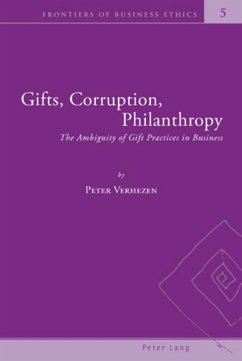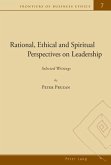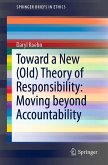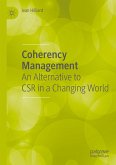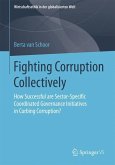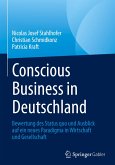In this socio-philosophical book, the author explains why gifts are not just moral expressions but function as binding social practices. The first part concerns the conceptual analysis of the logic of the gift whereas the second part focuses on practical expressions of gift practices in a business context, more particularly bribery and philanthropy. How can gifts turn into bribes? Why does corporate philanthropy not necessarily imply some form of altruism? Is corruption a mere expression of cultural characteristics such as discretion and loyalty? Clear criteria are provided within the logic of the gift to distinguish gifts from bribes. Another goal is to clarify the myth of corporate donations and how such presumably good corporate behaviour could either damage or enhance the long-term reputation of a firm. Gift practices are sometimes exploited blatantly to cover up less benevolent behaviour. Understanding gift practices within a business context will allow practitioners to pursue an appropriate strategy of corporate social responsibility. Indeed, despite its inherent ambivalence, a gift should be understood as a worthy ethical and social practice within a specific cultural or organizational context.
Bitte wählen Sie Ihr Anliegen aus.
Rechnungen
Retourenschein anfordern
Bestellstatus
Storno

